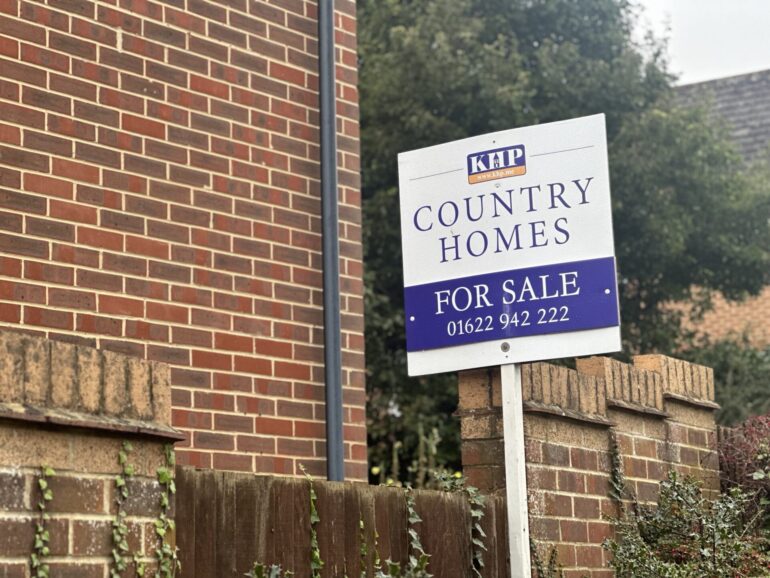The latest RICS Residential Market Survey shows that in January, the number of new buyers and agreed sales remained flat, while estate agents remained optimistic about sales growth over the next three months and throughout the year. House prices continued to rise, and agents expect this trend to persist.
In the rental market, demand remained steady, but the number of available rental properties fell significantly, driving rents higher.
Sarah Coles, head of personal finance at Hargreaves Lansdown, said: “The bond market drama that hit in early January didn’t dramatically shift mortgage prices, but potential buyers fretted about what might happen next, and stayed home. In mortgage terms, it was a relatively mini drama, with the average 2-year fixed rate rising from 5.48% at the start of the year to 5.52%, and then falling back to 5.48% this week. The fact that it all blew over in a matter of weeks means any weakness is likely to be relatively short-lived. Meanwhile, the Bank of England rate cut last week is likely to reignite buyer enthusiasm.
“Unfortunately, those new buyers have to contend with higher house prices, which rose again in January. Given that mortgage rates remain relatively high compared to recent years, it means a real stretch for anyone trying to get onto the property ladder. They need all the help they can get, whether that’s through a cash injection from the Bank of Mum and Dad, or a 25% boost on their deposit from a Lifetime ISA.”
On the rental market, she added: “The runaway growth of renter numbers abated a little at the start of the year, but the pressure isn’t off, because the number of properties they were fighting over fell again fairly significantly.
“The latest HL Savings & Resilience Barometer shows that renters can ill-afford for life to get more difficult. Renters have an average of just £62 left at the end of the month compared to those with mortgages who have £303. It means a rental hike could end up pushing millions of renters over the edge – forcing them to make incredibly difficult decisions about how to cut their costs to stay on track. Already 19% of them are behind on debt repayments – compared to less than 1% of those with a mortgage. Rising rents are only going to make all of this even harder.”




